Fifteen-Minutes-of-Fame
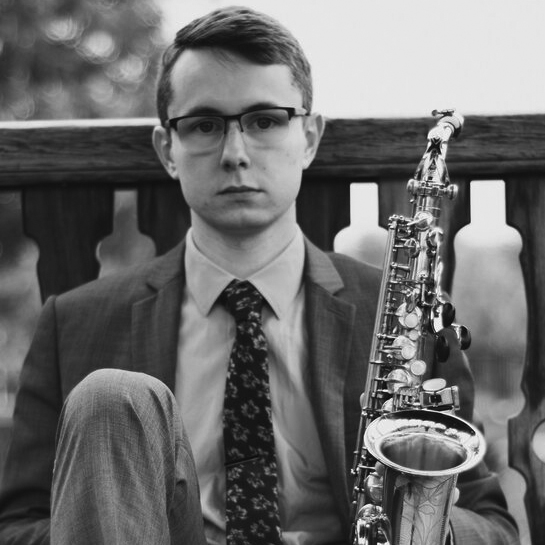
Fifteen Minutes of Fame: with Andrew Holser
Saxophonist and new music curator Drew Hosler (he/him/his) is an advocate for contemporary music, he has commissioned and premiered over one-hundred pieces by award-winning composers from all over the world including Andrew Mead, Alexis Bacon, Benjamin Attahir, Jamie Leigh Sampson, Gregory Wanamaker, Spencer Arias, and Marilyn Shrude. His upcoming debut solo album, delta waves, features thirteen world premiere recordings of 21st century works for the tenor saxophone. For this album, he has been awarded grants from EXCEL Enterprise Fund and ArtsEngine. His 2020 self-released EP Hope Will Carry Us COVID-19: Music for Solo Tenor Saxophone features eleven world premiere recordings from composers all over the world. It was featured on WSMR Florida’s Classical Music Station’s Modern Notebook hosted by Tyler Kline.
Drew is an avid performer as a soloist. He was selected as a winner of the 51st Bowling Green State University Competition in Music Performance and has been awarded grants through the MidAmerican Center for Contemporary, Pro Music, among others. He has performed concerti by Walter Mays and William Albright with the Bowling Green Philharmonia and the Bowling Green State University Concert Band under the baton of Alexander Popovici and Bruce Moss. He has performed at the Cortona Sessions for New Music, University of Kansas New Music Guild, Earth Day Art Model hosted by Travel Arts Research Center at Indiana University, Flint Youth Symphony Orchestra 75th Anniversary Alumni Recital, the 5PM Series, University of Nevada Las Vegas, Bowling Green State University ArtsX Festival, University of Michigan School of Music, Theatre & Dance Imprint Series, Bowling Green State University Praecepta Concerts, International Conference on Saxophone Pedagogy and Performance as well as various North American Saxophone Alliance Conferences. His upcoming engagements include a recital with the Gilgamesh Arts and Culture Foundation, a performance at the 6th New Music Gathering Conference, and two recitals with Fifteen-Minutes-of-Fame.
As a chamber musician, Drew has performed at the New Music Gathering, IDAGIO’s Global Concert Hall Arts@Future, World Saxophone Congress, Bowling Green New Music and Art Festival, Toledo Museum of Art, US Navy Band International Saxophone Symposium, District New Music Coalition, and WGTE Toledo Radio. He has won multiple prizes at the Douglas Wayland Chamber Music Competition with the Epsilon Saxophone Quartet and Fifth Circle Reed Quintet. Drew is a founding member and saxophonist for the new music ensemble, The _____ Experiment. In March 2020, they released their debut album, Conversations, which includes seven world premiere recordings from five different composers. This album was funded partially by the Running Start Competition through Michigan State University. They have performed at schools across the countries including Michigan State University College of Music, The State University of New York at Potsdam Crane School of Music, and the Flint Institute of Music.
Concert Dates
- November 20, 2021 - live online with Virtual Concert Halls
15 one-minute selections for Andrew Hosler
-
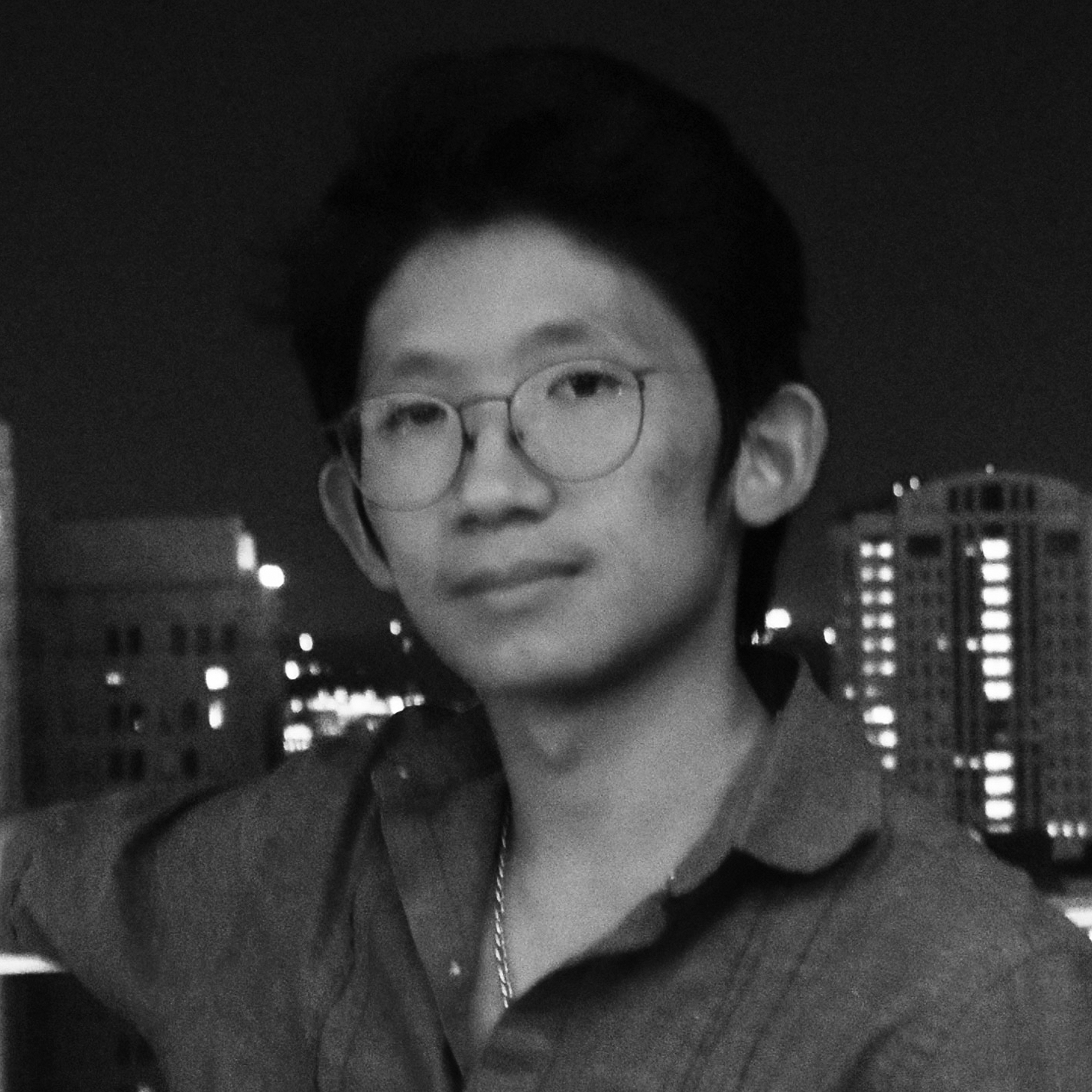
Headway
Daniel Cho
An award-winning violinist and composer of acoustic music across a wide variety of styles and sonoric timbres, Daniel has been writing since the age of three and playing the violin since the age of five and a half. Daniel has drawn mentorship from an immense number of today’s greatest established composers and violinists, such as Dr. David Ludwig (Curtis), Prof. Yumi Ninomiya Scott (Curtis), late Prof. Aaron Rosand (Curtis), Prof. Paul Kantor (Rice), Dr. Andrew Thomas (Juilliard), Dr. Arthur Gottschalk (Curtis), Dr. Pierre Jalbert (Rice), and Jonathan Bailey Holland (Boston Conservatory at Berklee). Daniel has notably performed at venues including Carnegie Hall, Royal Albert Hall, and the Elbphilharmonie as associate concertmaster with the National Youth Orchestra (NYO-USA), as well as additional performances at Carnegie with the prestigious New York String Orchestra Seminar (NYSOS) Some of Daniel's awards include: —The ASCAP (American Society of Composers, Authors, and Publishers) Composition Competition. —The American Composers Forum NextNotes Composition Competition. —The Yale Bassett Award for Community Engagement. —The National Association for Music Education (NAfME) Composers’ Competition. —The National Young Composers Challenge. —The Davidson Fellows Scholarship. —The Belvedere Chamber Music Festival Composition Competition. —The Phyllis Burnell and Garrett Rezeau Tucker, Jr. Endowed Scholarship in Music. —The MOCA Foundation Scholarship. —The Metropolitan Youth Orchestra’s Composition Competition. —The Harmony for Peace Foundation’s Composition Competition.
Headway is a piece about progress, about drive, and about direction. Rarely stopping its continuous push onwards into the unknown and unexplored, it finds itself punctuated by a multiplicity of sudden attacks, runs, and tension-release dichotomies. Throughout its fast-paced, energy-dominated texture, Headway never loses its power and vitality, running all the way up to an articulated, declamatory finish.
-
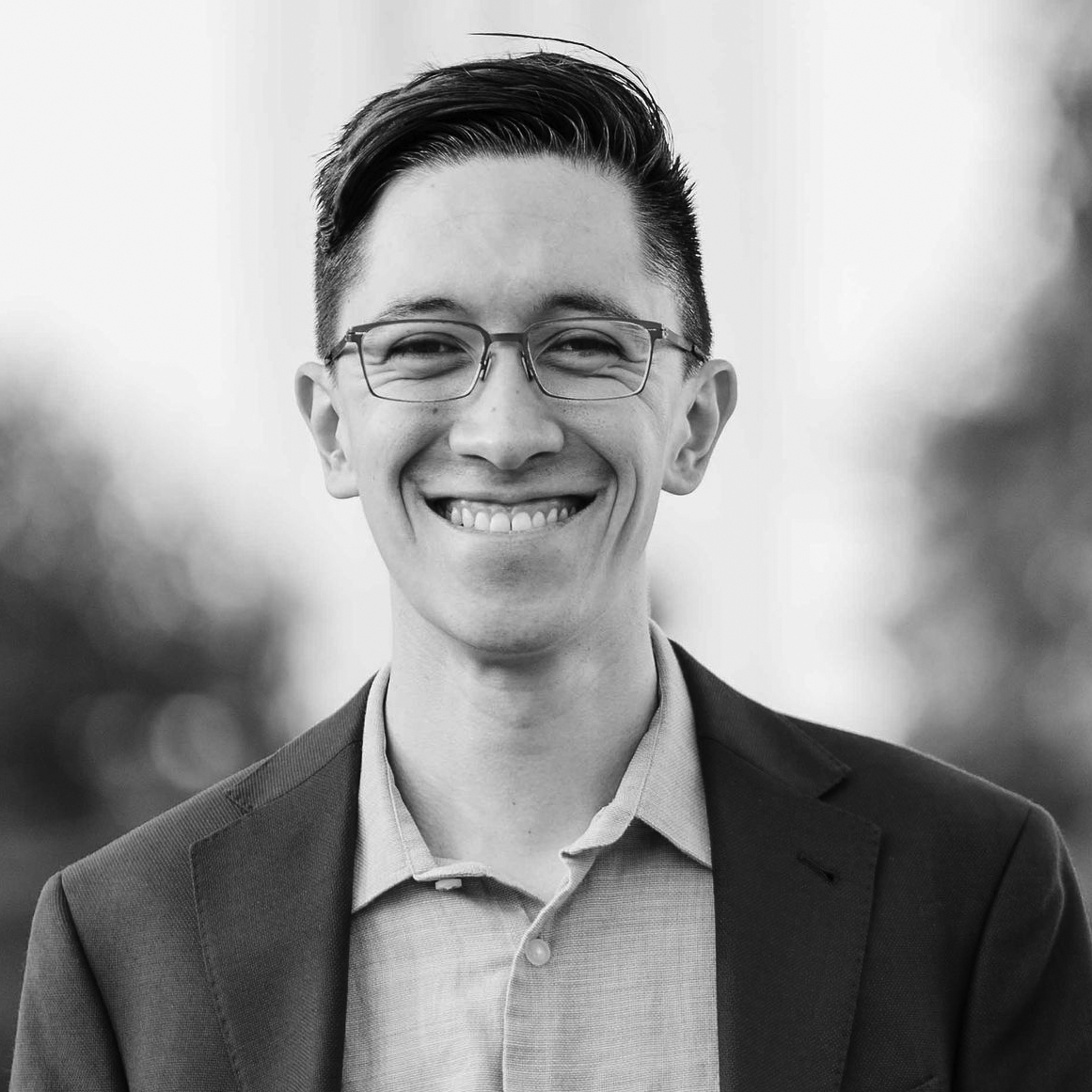
三 Music
Brian Ellis
Brian Ellis is a Chinese-American NYC-based Texan, composer, web-based creative, and guitarist. His musical drive lies in using tools to realize his larger compositional vision: that technology should be used toward divesting musical agency from the composer to the environment, the performer, and ultimately, the listener.
Three notes. Three breaths. Three dynamics. Three sounds. Three lines. This work is based around the Chinese character for the number three ( 三 , pronounced “san”) which forms the basis of the score, music, and gesture.
-
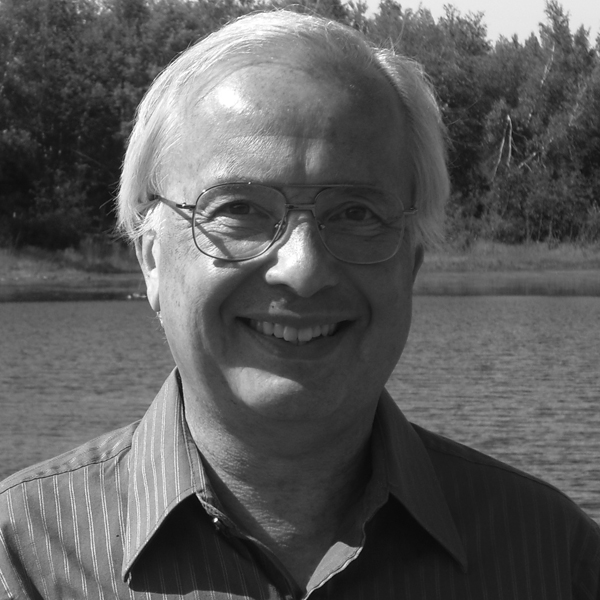
...So Little Time
David Heinick
David Heinick retired in 2018 after forty years of teaching, the final twenty-nine at SUNY-Potsdam’s Crane School of Music. He’s written over one hundred works; several have been recorded, most recently Four-Letter Words for clarinet, saxophone, and piano; a recording of his Nocturnes for piano is forthcoming.
The ellipsis in the title of "...So Little Time" replaces the phrase "So Many Notes"--222, to be exact
-
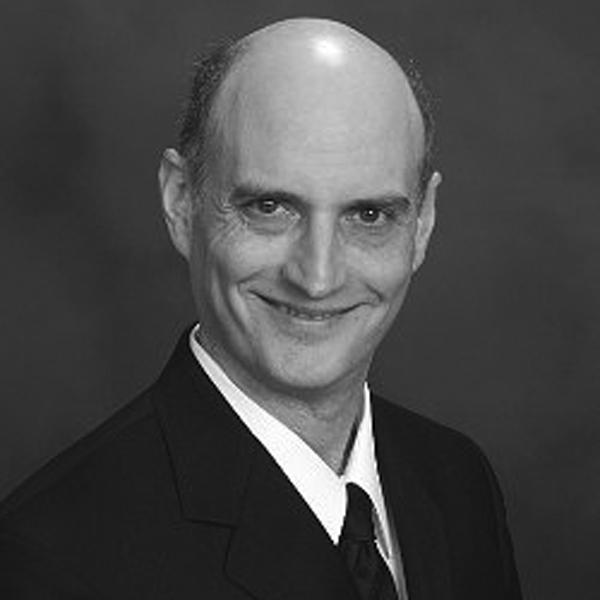
Morning in Boston
Stanley M. Hoffman
Stanley M. Hoffman (b. 1959, Cleveland, Ohio) holds degrees in Music Composition from Brandeis University (PhD), New England Conservatory of Music (MM) and Boston Conservatory (BM). His music is published by ECS Publishing, Oxford University Press, and Fatrock Ink. Senior Editor at ECS Publishing Group 1998–2021. Freelance editor, composer.
Morning in Boston is a brief etude for multiple techniques: quarter tone bends, flutter tonguing, tremolando, and legato intervals. The music recalls 1982–1984 when I lived in the Jamaica Plain area of Boston. The calm sound of church bells is juxtaposed with contrastingly harsh city noises. -
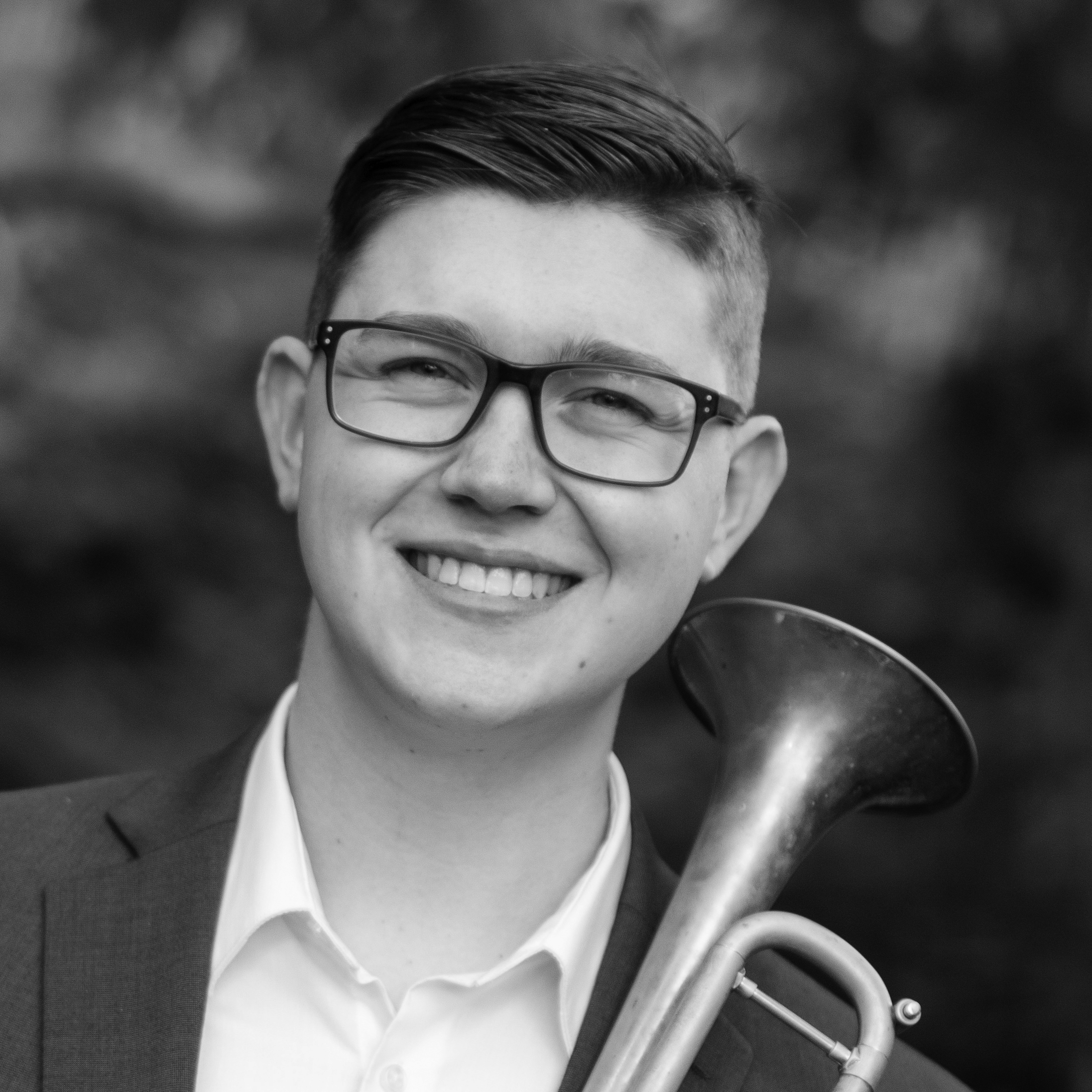
Conduit
Connor Johnson
Connor Johnson is a trumpet player and composer studying at Michigan State University. Several of his compositions have been recognized in competitions by the Sinta Quartet, Tribeca New Music, and other ensembles. Connor is also an accomplished performer, recently being named a semifinalist in the 2021 National Trumpet Competition.
Conduit is a short, animated piece based on a driving 13/16 groove. With insistent rhythms and shifting mixed meters, the music is an exuberant outpouring of energy from the performer to the audience that’s barely contained within the piece's bounds.
-
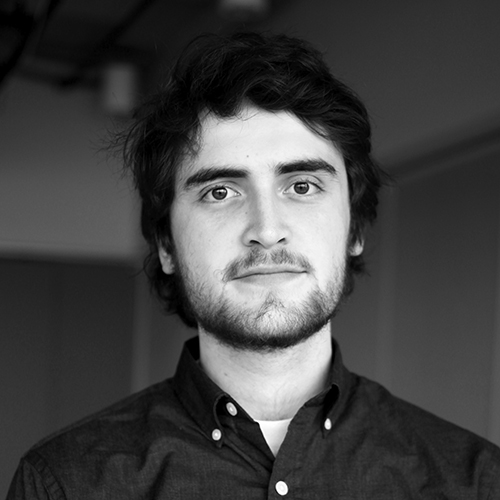
two types of dreams in just one minute
Isaac Mayhew
Isaac Mayhew is an award-winning composer based in Saint Paul, Minnesota. He has collaborated with performers around the country including the Liquid Jungle Quintet, the Zenith Saxophone Quartet, The _____ Experiment, Sputter Box, and Front Porch. Isaac holds a Bachelor's Degree in Music Composition from Lawrence University.
two types of dreams in just one minute was composed for performance by Drew Hosler as part of the Fifteen-Minutes-of-Fame project by Vox Novus. As the title suggests, it is a sonic portrayal of a pair of very different, but still connected, worlds.
-
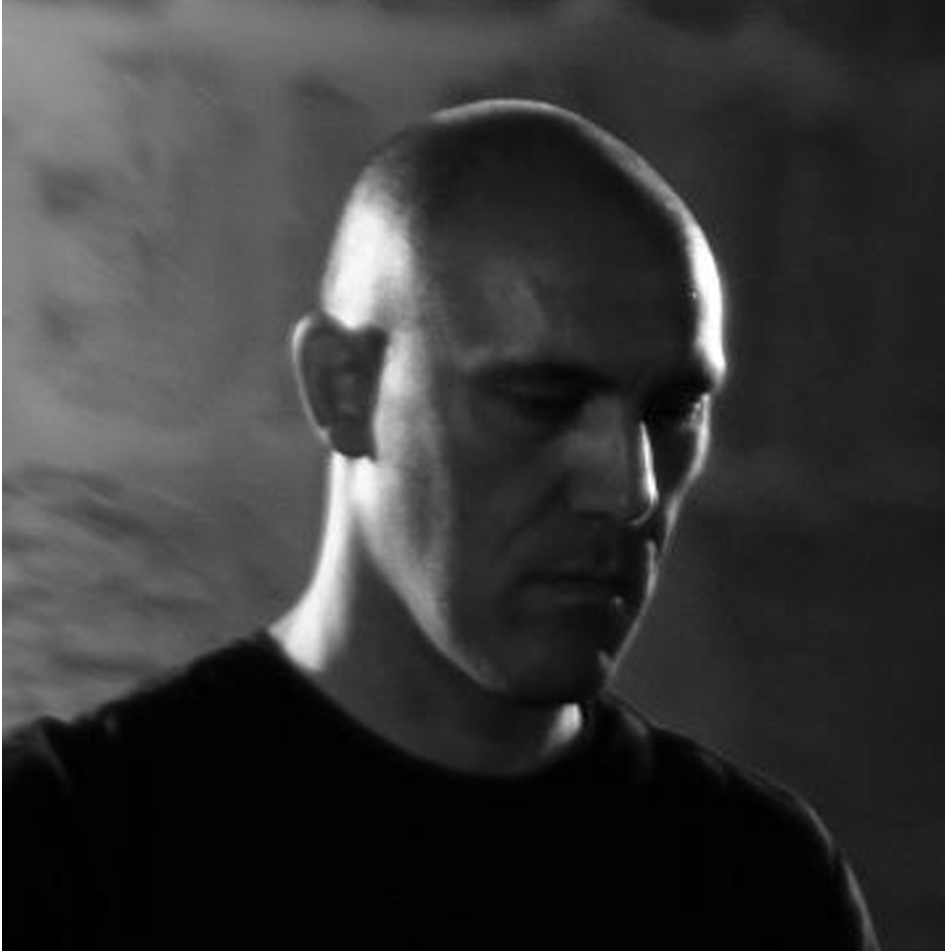
Riutilizzare NoAltRight
Luigi Morleo
Luigi Morleo (born 16 November 1970 in Mesagne, Province of Brindisi) is an Italian percussionist and composer of contemporary music, who lives in Bari and teaches at the Niccolò Piccinni Conservatory. He uses varied musical and artistic styles like minimalism, rock-cross-over, folk-Pop, jazz, electronica and DJ. Many of his works have been played by the Maracaibo Symphony Orchestra, Rome and the Lazio Orchestra, Clermont-Ferrand Conservatoire Orchestre, Orchestra Sinfonica Metropolitana di Bari, Orchestra del Conservatorio di Monopoli, Orchestra Sinfonica di Lecce e del Salento, Halleiner KammerOrchester, Orchestra Filarmonica della Calabria, Federation Bells of Melbourne, and at the New York City Electroacoustic Music Festival and Festival MUSLAB from Mexico, Jasmin Vardimon Company from Ashford-UK.
Riutilizzare NoAltRight is built on the FIBONACCI numbers: 1+2+3+5+8 = 19. However we have three multiphonics on three sections of the FIBONACCI numbers. So, we have 57 seconds divided into three 19 second sections.
-
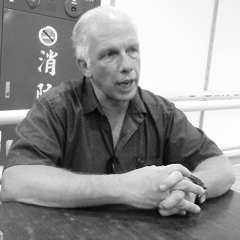
Forks in the Road
Ken Paoli
Ken Paoli, Professor of Music at College of DuPage, studied composition with Phil Winsor and. is involved in archiving and researching of Winsor’s works. His paper on Winsor’s “Poetics of Music” and his own audio-visual work Spazio Sconosciuto will be presented at the 2021 International Computer Music Conference.
Forks in the Road uses the notion of Swarm Theory to give the performer the choice of accepting or rejecting the musical material which allows for multiple realization of the work. The compositional approach uses computer assisted algorithmic composition for the generation of both pitch and rhythmic material.
-
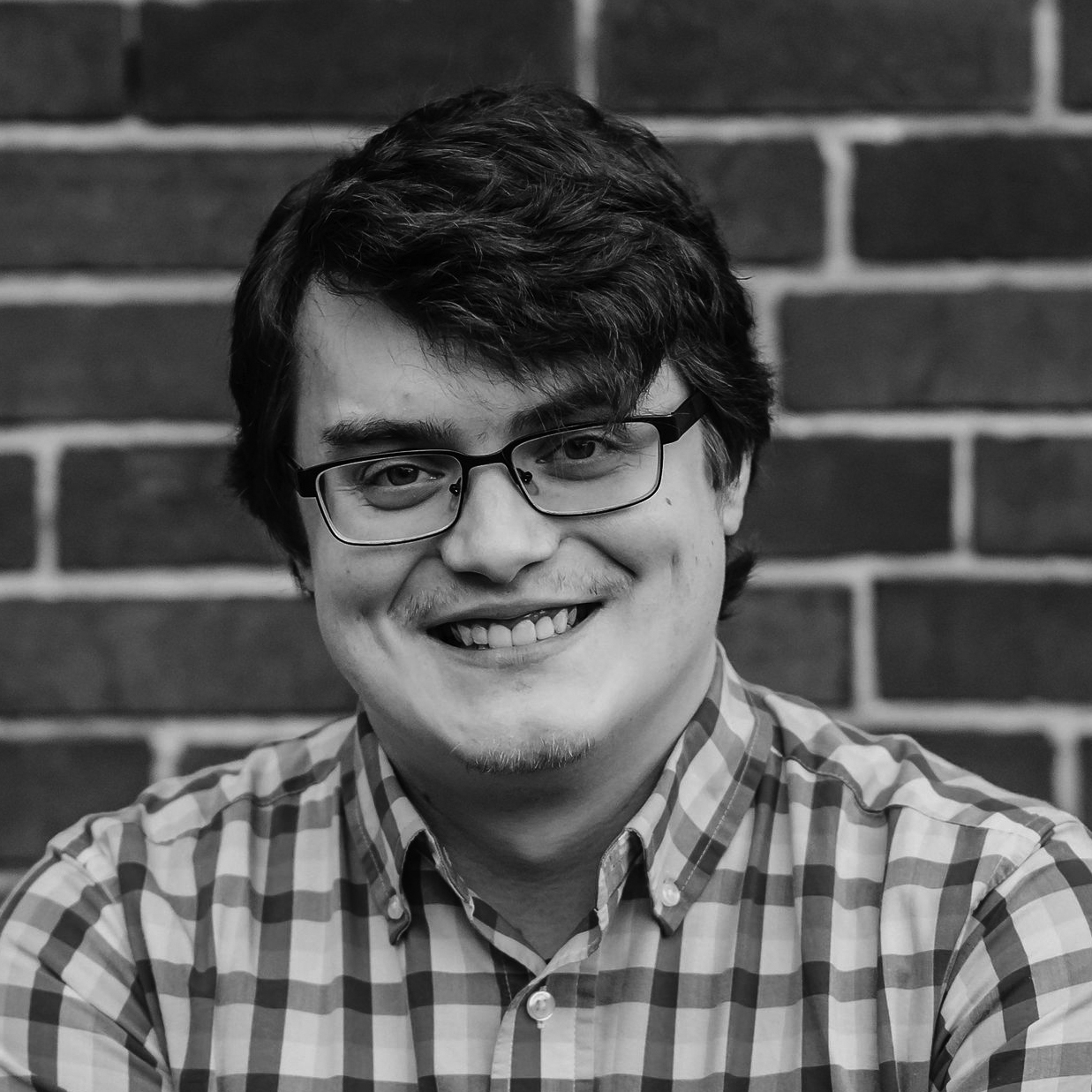
White-Hot
Coleman Rowlett
Coleman Rowlett (b.1994) holds a B.M. in Music Composition from Susquehanna University and a M.M. in Music Composition from Butler University. Rowlett’s compositions are eclectic in style, mixing various elements of some of his favorite music including jazz, classical, expressionist, avant-garde, serialist, and others. He also loves his cat, Jack-Jack.
White-Hot (2021) was inspired by the intensity demonstrated in progressive metal using distortion and ever-shifting meters. This piece uses the saxophone’s ability to growl and time signature changes to emulate these elements of progressive metal. The piece beings at a simmer and heats up to a glow by the end.
-
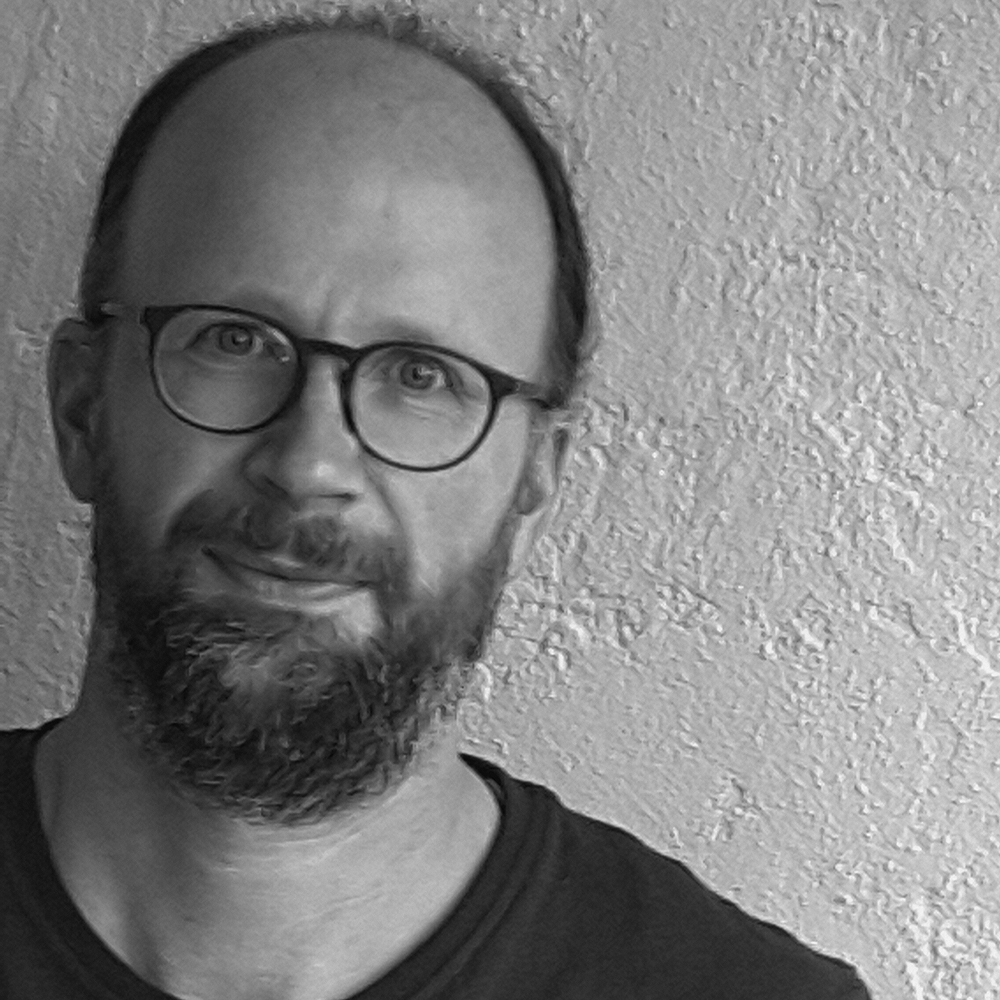
Art Is dead
Volker Ignaz Schmidt
Volker Ignaz Schmidt was born in 1971 in Leonberg, Germany. He started composing in 1986 and has been a member of different rock and jazz bands playing piano, keyboards, trumpet as well as song writing. He studied computer science although his passion is music. Schmidt has written music for the
Solisten, the New York Miniaturist Ensemble, Franklin Cox, the Art Ensemble Berlin, the Trio Mondala, the duo Simolka/Wohlhauser and the Frankfurter Tonkünstlerbund. Some of his pieces have been published by the Simon Verlag Berlin and the Bellmann Verlag Halle. His works have been performed in Germany, Belgium, Switzerland, Austria, France, UK, Mexico, Russia & USA. Art is dead. Art remains dead. And we have killed it. How shall we comfort ourselves, the murderers of all murderers? (freely adapted from Friedrich Nietzsche)
-
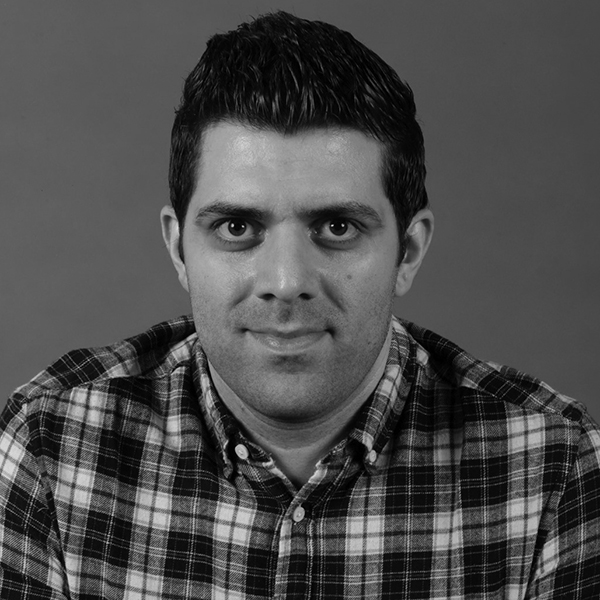
"ROJA"
Soheil Shirangi
Soheil Shirangi Graduate of Tehran Conservatory. Second Person Tehran International Electronic Music Festival Award. Earning a diploma of the III International Contest of Choral Composing named after AD Kastalsky. Earning a diploma of the third person of the Orginsky International Composing Competition (for orchestra) in Belarus. His works have also been performed in countries such as Iran, Greece, Italy, Brazil, Germany, Romania and United States.
The name of a star that can only be seen very early in the morning And its time is very short And because of the many lights in those good hours can not be seen.
-

The second time will be different
Jana De Troyer
Thrilled by contemporary sounds, composer/performer Jana De Troyer moves — whether or not accompanied by her saxophones — between the most diverse genres of the 20th and 21st century. De Troyer is fascinated by Web 2.0, contemporary communication models, alternative notation and the grey zones between composition and improvisation, between music and sound art.
More information via www.janadetroyer.com/
60 seconds, 255 new lives, 107 farewells. You are not ought to know before, but the second time will be different.
-
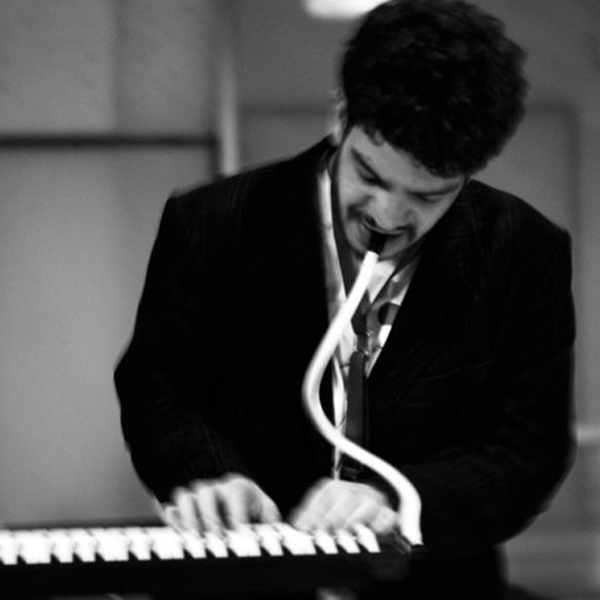
Seeking
Angelo Ursini
Angelo Ursini was born in 1987 in São Paulo, Brazil. After graduating as instrumentalist (UNICAMP – Popular Music) Angelo created several groups where he developed his own compositions mixing brazilian folk/jazz and chamber music. Collaboration between participants and empirical try-out of ideas always rooted the practice of these groups. Actually lives in Rotterdam where is completing master in Classical composition studying practical aspects of microtonality.
It can be an object, a way of living or an answer; to seek relates with perseverance... We don't know if we are going to find what we are looking for, moments of strong impetuous alternates with disillusion. On the middle of the way we review old things and discover others. Here are somethings that I found!
-
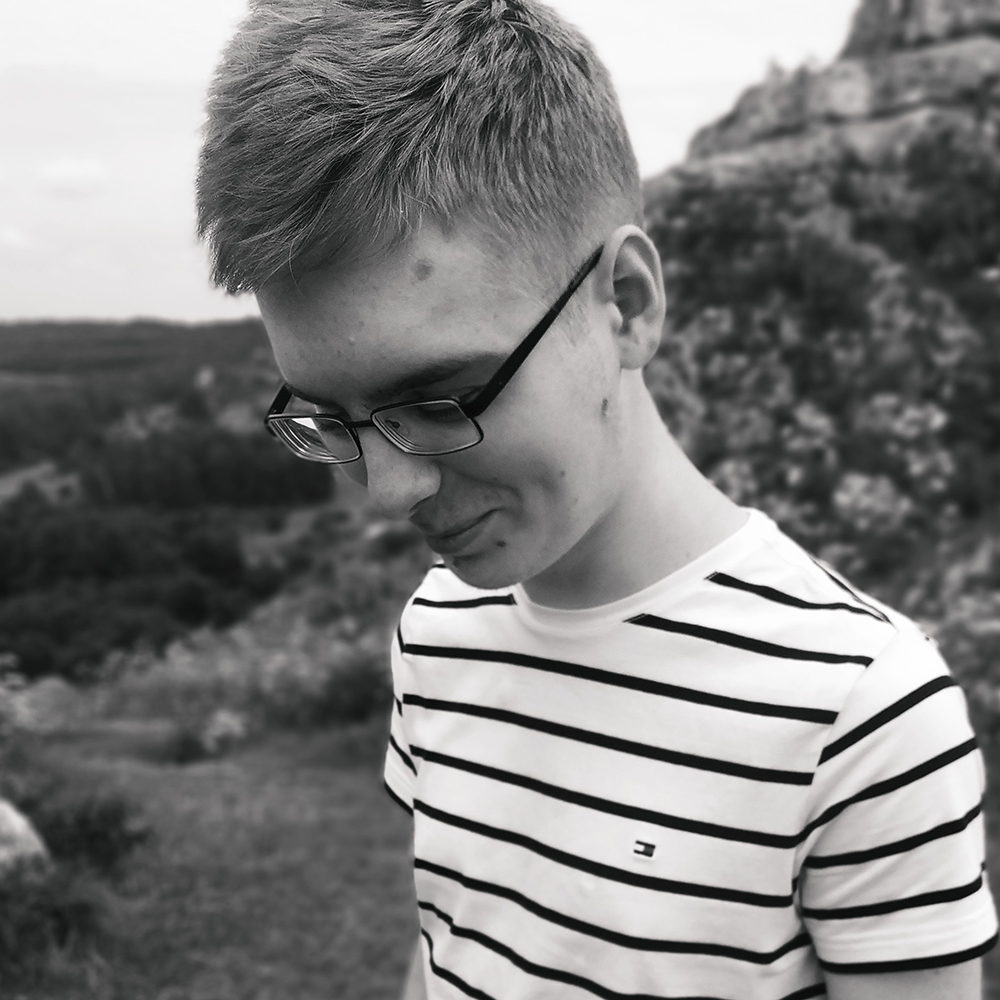
Warhol Variations #2.1
Sebastian Zaczek
I am a 19 year old composer and computer science student from Germany, who is particularly interested in the subjective perception of music. Gradualy evolving processes and a focus on subtle playing with timbre often play a central role in my compositions.
The Warhol Variations cycle aims to explore different possibilities of coloring and shaping initially very simple material primarely through the use of independently fluctuating musical or instrument-specific technical parameters, calling to mind the sometimes subtle, sometimes dramatic differences in coloration and shading in Andy Warhol's "Marilyn Diptych".
-
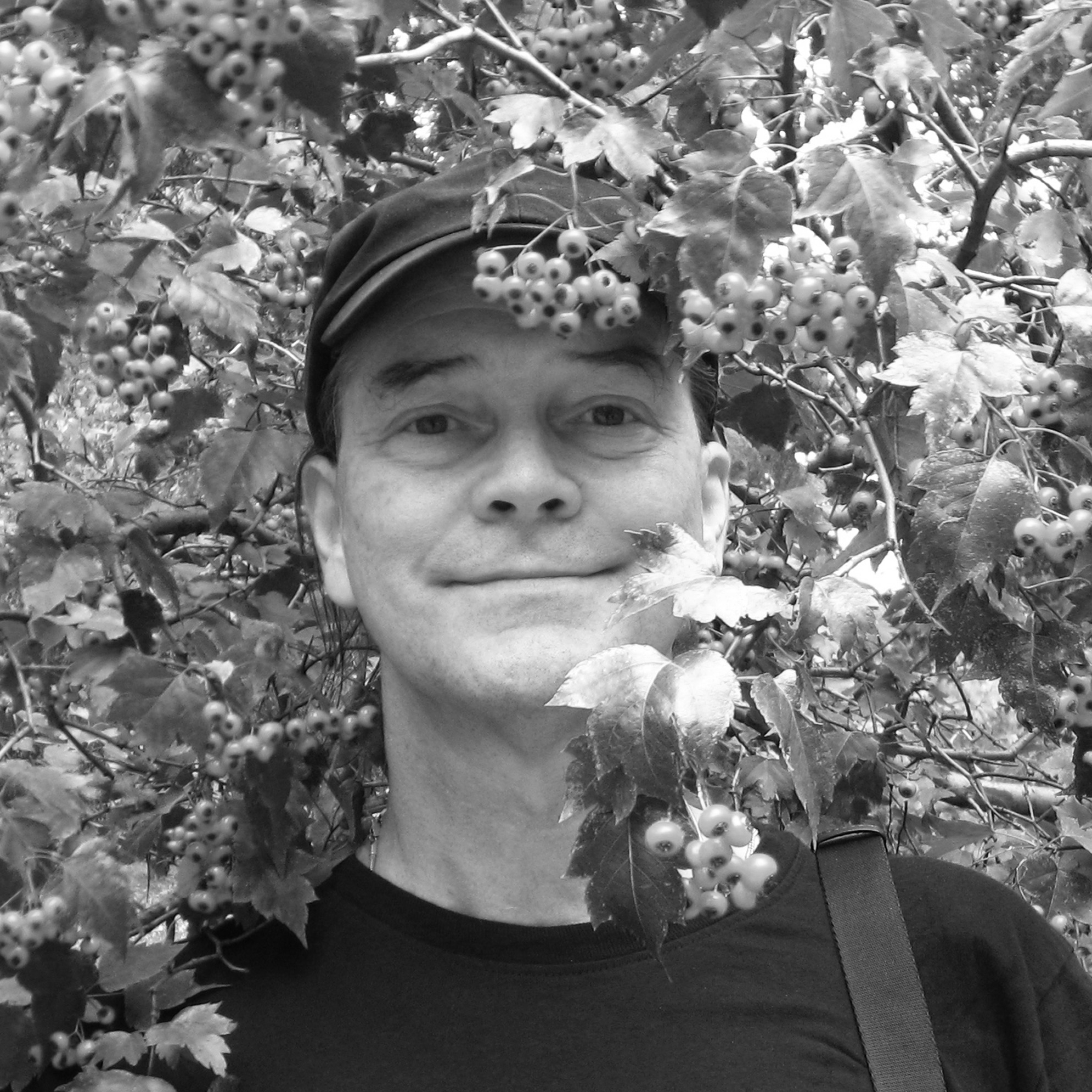
bathyĭŸsphēæērŦ
etg
Who I am and how I became this composer are not important when judging the music - only reading the score, attempting to play it and, perhaps, listening to the audio (which is not of very good quality and has "fake" saxophone sounds as I am not a player sorry!) are.
bio program notes as this piece has never been performed, there are no existing program notes. anything that might go into such notes can be found in the verbiage in the score. however, if my piece is chosen, I will attempt to write, with your help, what you might need.